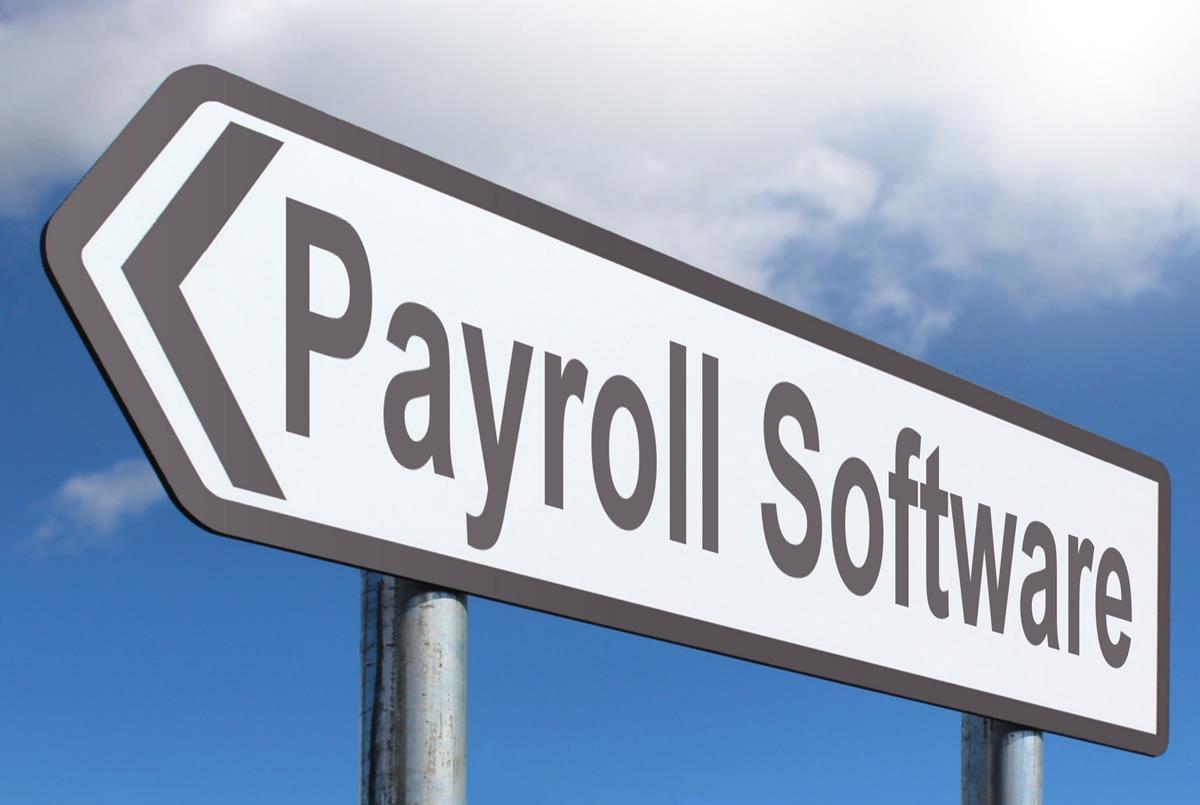Payroll is a key part of any business. Running the processes in an accurate and timely manner is vital for keeping your employees happy – and for avoiding steep penalties from the IRS. In order to ensure everything runs smoothly, many businesses turn to external companies for payroll services. However another option is to invest in payroll software that is customized for your individual business, helping your Human Resources department do their jobs more effectively whilst keeping it all in-house.
There are many different factors to consider when choosing a payroll software system, from the size of your company to the features and support available. Here’s a quick overview of some of the main things you should be thinking about when you make your decision.
What you should think about when choosing a payroll software system
Before you start contacting providers of payroll software, it’s a good idea to have a think about the following to help you get a better idea of exactly what you’re looking for:
- The size of your business – factors such as the number of employees you have, whether they are permanent or temporary and how often you pay them, how large your company is, your payroll budget and whether your employees have benefits will all impact the type of software you need. Thinking about this early helps you eliminate the ones that don’t suit you
- The other systems you already have in place – if you already use digital systems for accounting, HR or other areas of your business, you’ll want to be able to integrate them all into one for ease and convenience
- Any specific requirements for your industry – for example does your payroll system need to be able to handle tips, commission and/or bonuses? Also remember that the system will be managing sensitive information, so research the security features such as password protection, access control and secure storage too
- How much support and advice you want – some companies will offer assistance from a tax compliance team or other experts. Make sure that the software you choose will help ensure that you are compliant with any relevant federal, state and local legislation
- Essential and desirable features – there are a huge variety of options out there, so consider which features are must-haves for your company, which would be beneficial extras, and which you definitely don’t need. These could include mobile accessibility, an employee self-service portal, digital signatures, expense integrations and charitable donations. This will help you determine which software is best suited to you and your business
Try before you buy
Once you have thought about all of these issues, it’s time to contact some software providers. Many will offer the chance to have a trial period where you can test the features and user interface in real life before committing to making a purchase, rather than judging it all on paper. This is also a good opportunity to work out how much training will be required for your staff to be able to use the system. Reading reviews from other customers is another great way to check the quality before you buy, and taking the time to do so will definitely be worth it.
